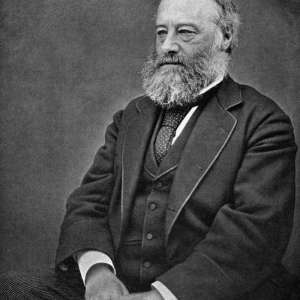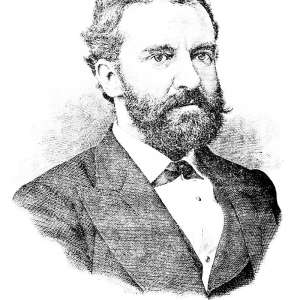
Albert Einstein was a genius, but he wasn’t the only one – why has his name come to mean something superhuman?
Before he died, Albert Einstein requested that his whole body be cremated as soon as possible after death, and his ashes scattered in an undisclosed location. He didn’t want his mortal remains to be turned into a shrine, but his request was only partially heeded. Einstein’s closest friend, the economist Otto Nathan, disposed of his ashes according to his wishes, but not before Thomas Harvey, the pathologist who performed the autopsy, removed his brain. Family and friends were aghast, but Harvey convinced Einstein’s son Hans Albert to give his reluctant permission after the fact. The eccentric doctor kept the brain in a glass jar of formalin inside a cider box under a cooler, until 1998, when he returned it to Princeton Hospital, and from time to time, he would send little chunks of it to interested scientists.
Most of us will never be victims of brain-theft, but Einstein’s status as the archetypical genius of modern times singled him out for special treatment. An ordinary person can live and die privately, but a genius – and his grey matter – belongs to the world. Even in his lifetime, which coincided with the first great flowering of mass media, Einstein was a celebrity, as famous for his wit and white shock of hair as he was for his science. Indeed, his life seems to have been timed perfectly to take advantage of the proliferations of newspapers and radio shows, whose reports often framed Einstein’s theories as being incomprehensible to anyone but the genius himself.
There’s no doubt that Einstein’s contributions to science were revolutionary. Before he came along, cosmology was a part of philosophy but, thanks to him, it’s become a branch of science, tasked with no less than a mathematical history and evolution of the Universe. Einstein’s work also led to the discovery of exotic physical phenomena such as black holes, gravitational waves, quantum entanglement, the Big Bang, and the Higgs boson. But despite this formidable scientific legacy, Einstein’s fame owes something more to our culture’s obsession with celebrity. In many ways, Einstein was well-suited for celebrity. Apart from his distinctive coif, he had a way with words and, as a result, he is frequently quoted, occasionally with bon mots he didn’t actually say. More than anything, Einstein possessed the distinctive mystique of genius, a sense that he was larger than life, or different from the rest of us in some fundamental way, which is why so many people were desperate to get hold of his brain.










































